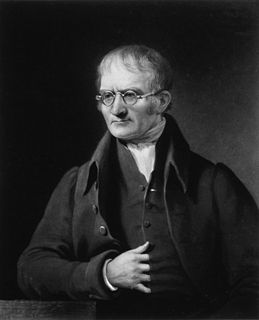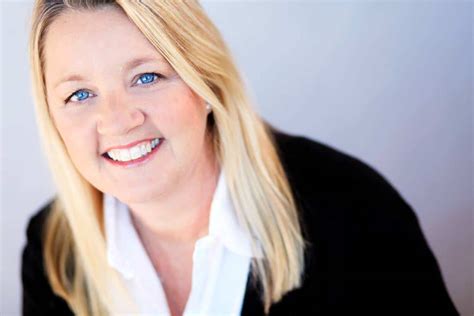A Quote by Ted Chiang
I can't recommend technical writing as a day job for fiction writers because it's going to be hard to write all day and then come home and write fiction.
Related Quotes
I write fiction longhand. That's not so much about rejecting technology as being unable to write fiction on a computer for some reason. I don't think I would write it on a typewriter either. I write in a very blind gut instinctive way. It just doesn't feel right. There's a physical connection. And then in nonfiction that's not the case at all. I can't even imagine writing nonfiction by hand.
The secret to writing is just to write. Write every day. Never stop writing. Write on every surface you see; write on people on the street. When the cops come to arrest you, write on the cops. Write on the police car. Write on the judge. I'm in jail forever now, and the prison cell walls are completely covered with my writing, and I keep writing on the writing I wrote. That's my method.
I don't know why I write. The honest answer is that I don't have an answer. I wouldn't die if I couldn't write fiction. Actually keel over and die - it's unlikely. But quite quickly writing has come to feel like the only thing I really know how to do. And I go a bit stir crazy if I don't write more or less every day. But that makes writing sound like a mood-regulator, a way to regulate anxiety or depression, and it doesn't really come down to that.
I write because I have an innate need to. I write because I can't do normal work. I write because I want to read books like the ones I write. I write because I am angry at everyone. I write because I love sitting in a room all day writing. I write because I can partake of real life only by changing it.
I don't want to write poems that are just really clear about how I'm aware of all the traps involved in writing poetry; I don't want to write fiction that's about the irresponsibility of writing fiction and I've thrown out a lot of writing that I think was ultimately tainted by that kind of self-awareness.
I write my first draft by hand, at least for fiction. For non-fiction, I write happily on a computer, but for fiction I write by hand, because I'm trying to achieve a kind of thoughtless state, or an unconscious instinctive state. I'm not reading what I write when I wrote. It's an unconscious outpouring that's a mess, and it's many, many steps away from anything anyone would want to read. Creating that way seems to generate the most interesting material for me to work with, though.
It's a job. Get up and do it every day. Show up. Don't say no. Taylor Swift was the third write of my day every week. If I had gone home or said “Ah, man. I'm tired today. I'm not going to write at 4 o'clock in the afternoon with a teenager.' If I had done that, just think. Keep an open mind. Everybody has something to come into the room with and when you're starting out, try everything. You might find your magical writing partner.





































